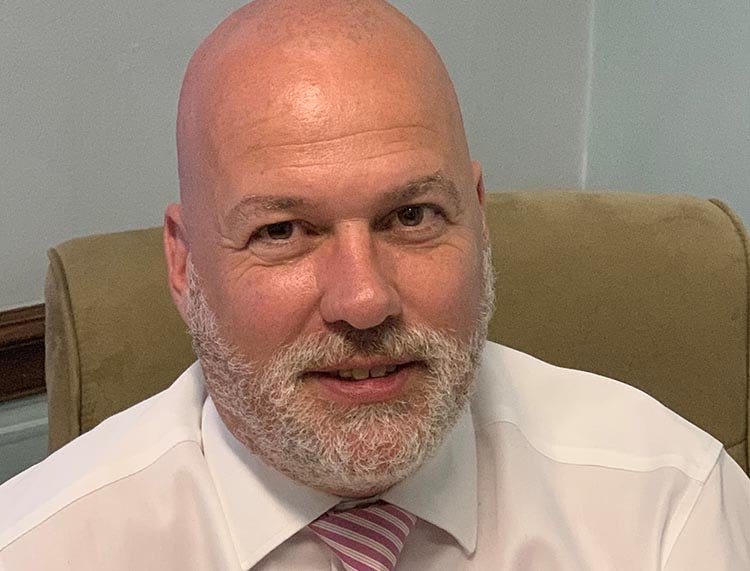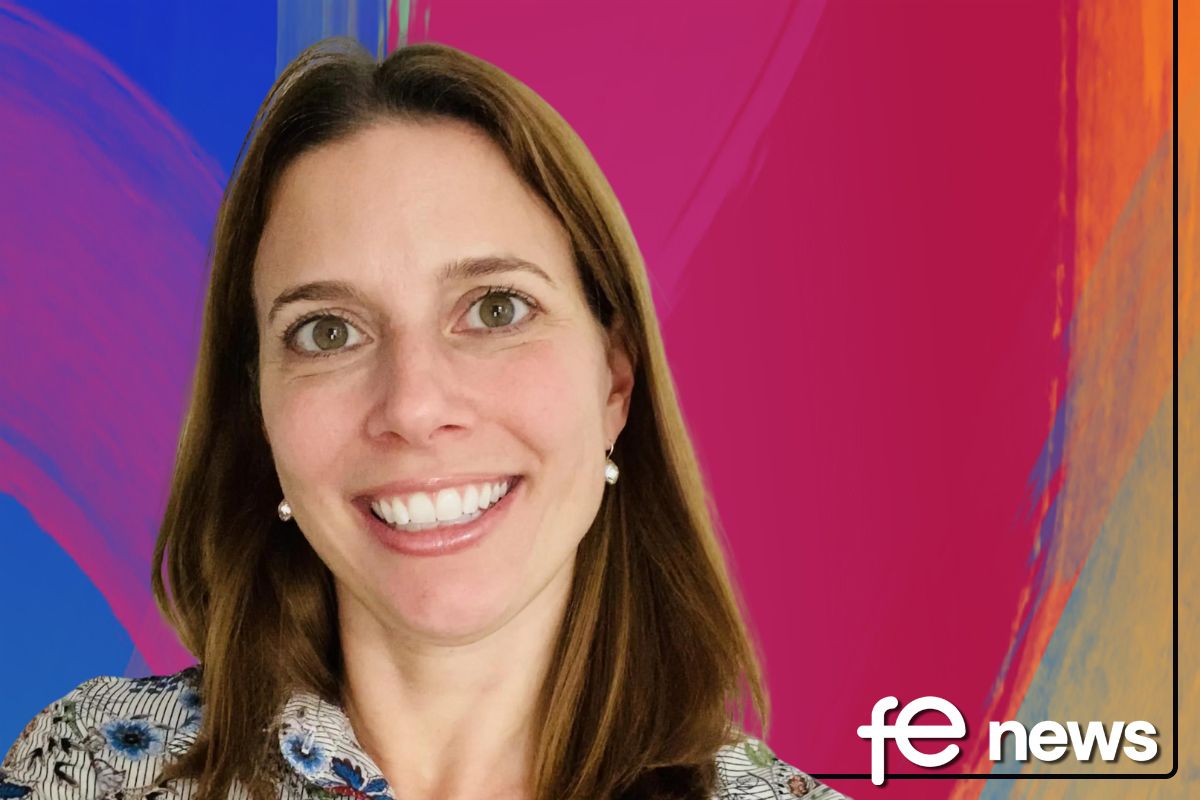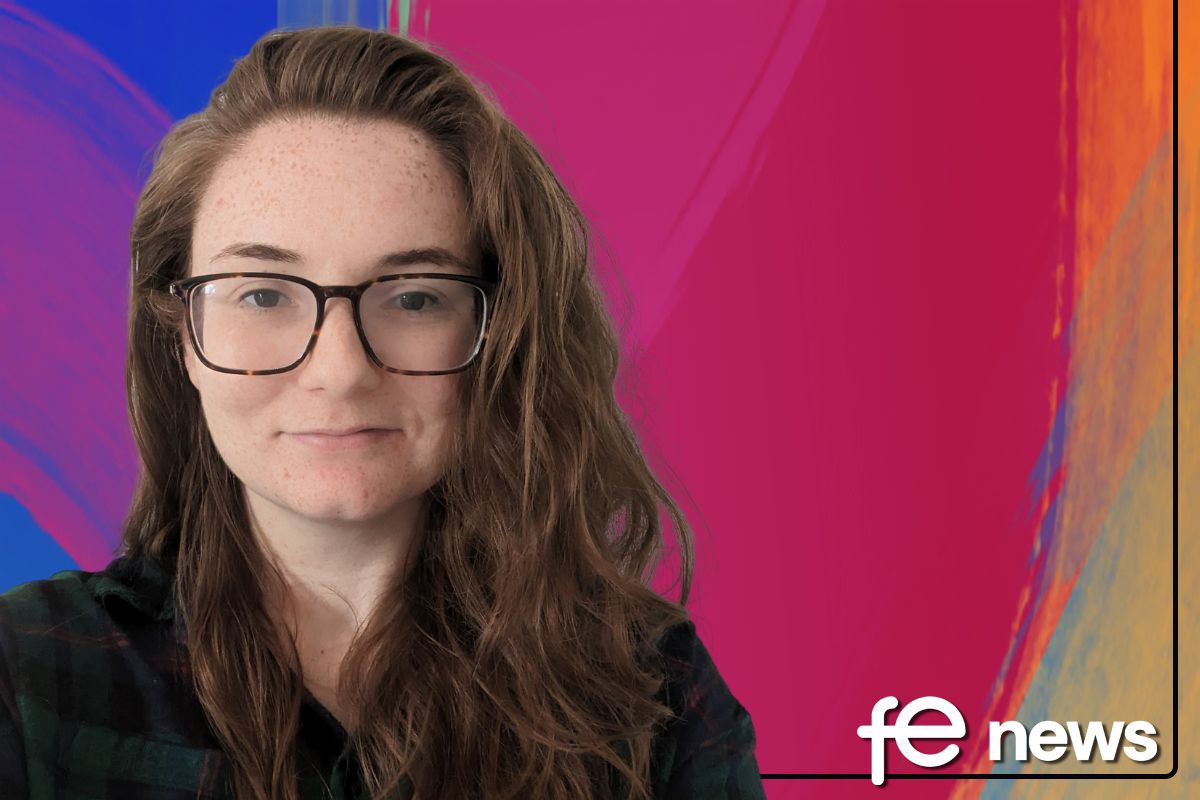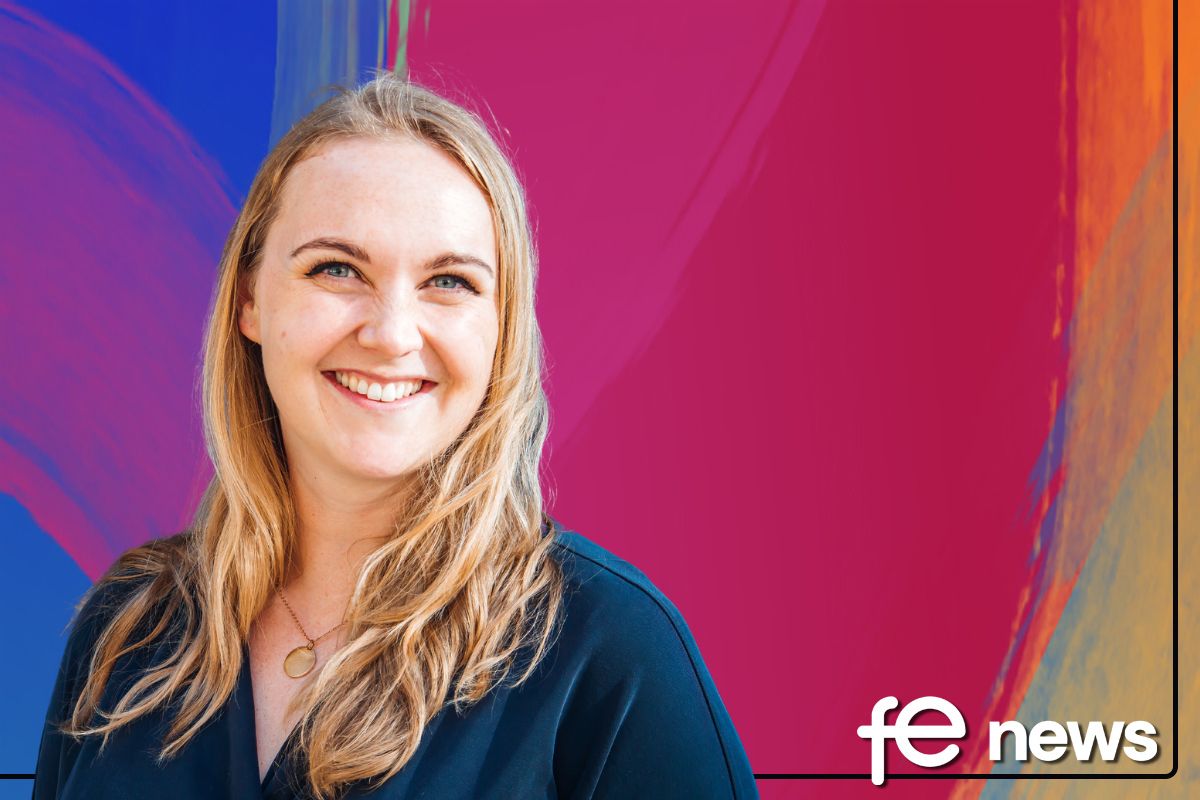Extra-curricular learning does not have to be for the privileged few

As education circles wonder what changes the new Education Secretary’s appointment will bring to the classroom, Exemplar Education’s Darren Tye says “Private tuition does not have to be the preserve of the privileged few in Britain.”
The education landscape is in greater flux than ever before. New Prime Minister Boris Johnson just appointed Gavin Williamson as the new Education Secretary making Mr Williamson the fifth education secretary in the space of five years. Both Johnson and Williamson have promised to increase per-pupil funding by at least £5,000 with Johnson pledging £4.6bn in extra funding for schools by 2022-23.
Despite this funding pledge and Johnson’s promise to parents that kids will get “a superb education wherever they are in the country”, teachers nationwide contend that even these lofty pledges do not keep pace with the pressures on the education system and are calling for a multi-billion expansion on spending promises.
For education circles these commitments are insubstantial and designed merely to plug the gap. The pledges appear optimistic and proactive, but for millions it will be hard to see how a ‘Superb Education’ can be delivered when the education system is facing off immense national challenges ranging from staff retention and recruitment to funding cuts, resulting in early school closures and calls to parents and communities to donate.
As the sector looks to the future with uncertainty, millions of parents around the country are looking into the world of private tuition to find learning support outside the classroom. Traditionally seen only as the preserve of the privileged, in recent years private tuition and learning have become more appealing to parents from every walk of life.
The rise of the private learning industry neatly captures the rising national appetite for quality learning support which boosts kids’ academic progress outside the classroom. Traditionally, parents have called on tutors to support their kids with core GCSE subjects, like Maths and English, and to provide coaching at decisive moments such as an entrance exam to a Grammar School. However, in 2019 the reasons are more varied than ever before.
Against a backdrop of school funding cuts and rising classroom sizes, parents feel increasingly under pressure to raise children equipped with the skills to enter the uncertain working world of the future. There’s pressure too to meet emotional needs as the younger generation experiences continued exam stress and social media pressures. It is no wonder that parents are seeking additional support beyond the school gates not purely to give their children a competitive edge over their peers but also support tailored to their kids’ individual needs that gives them every chance of making progress.
Private tuition as a whole appears to be thriving, with the industry worth an estimated £2BN and more parents than ever before looking at ways to maximise opportunities for their kids’ outside the classroom. Yet the success of the industry fuels accusations of wealthier parents giving their kids’ an unfair advantage and an increasingly uneven playing field.
It is obvious that there need to be alternative options for families from all walks of life and on a variety of incomes, to ensure that educational inequality isn’t exacerbated. Today choices vary significantly from the traditional one-to-one tuition, with many parents seeking more cost-effective solutions like monthly access to learning centres and online learning support resources.
With one-to-one private tuition typically costing at least £25 an hour, online supplementary education can give parents a more practical cost-effective option. Concerns have always existed around its potential to aggravate social inequality, but private tuition has always been a landmark feature of the education landscape and given parents the freedom to support their kids as best they can.
The overarching issue remains one of cost and accessibility and how we can neatly redress the balance to give more kids the opportunity to realise their potential. We believe that quality online supplementary education can make education more accessible to more people and empower more parents from all walks of life to give their children the best possible educational support.
Darren Tye, National Operations Director at Exemplar Education
About Darren Tye: As Exemplar Education’s premier spokesperson, Darren has more than 20 years’ experience in the education sector. He joined Exemplar Education from Prudential where he was a Financial Consultant working with educators as a teachers AVC Pension Specialist. Darren manages all aspects of Exemplar Education’s relationship with schools and is a key influencer on important improvements. He has grown the School Liaison Officer team from 20 to 40 as well as increasing the average response rate from parents interested in Exemplar Education from 6% to 14%, which in turn significantly increased the company’s turnover. In 2014 Darren was appointed to the Board as National Operations Director
About Exemplar Education: The largest UK supplier of high quality, affordable, supplementary home-based maths and English education. Starting in 1991, Exemplar Education has developed and refined the use of home-learning to supplement and support schoolwork in maths, English and reading, from Year 1 to GCSE and now have over 350 people working from 6 locations across the UK. Over 400,000 children in the UK have registered on Exemplar Education programmes.











Responses